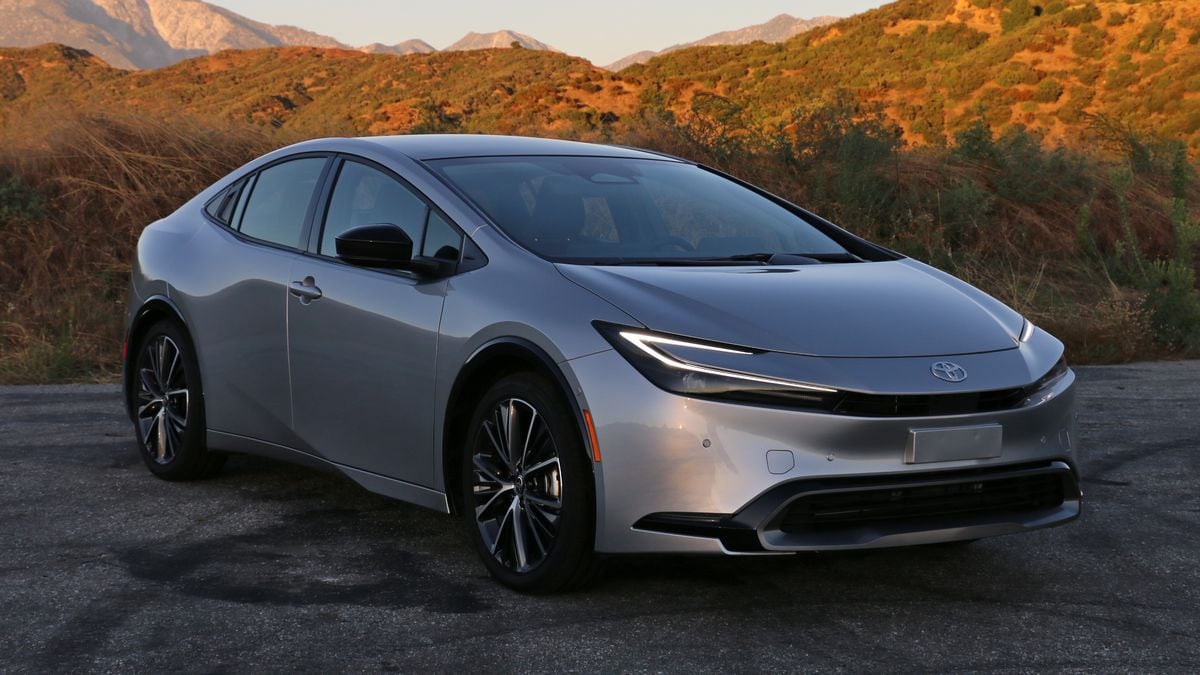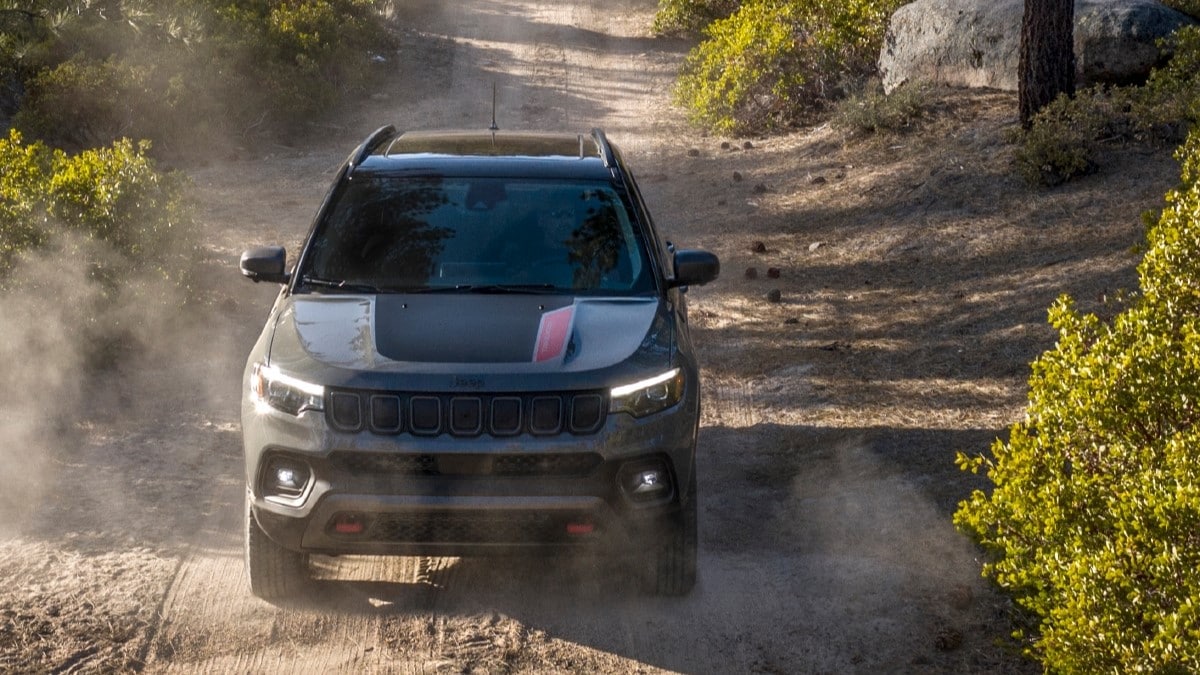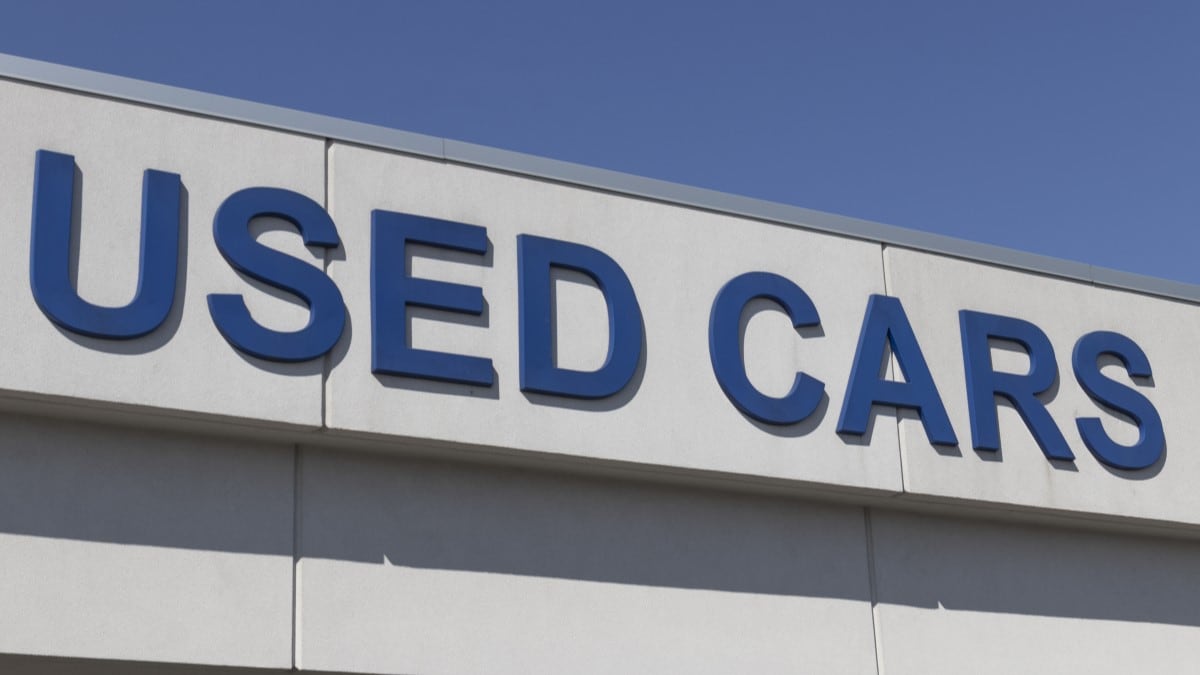America is in the midst of a major change in how it gets around. A gasoline century is likely winding down. An electric century is spooling up. But during this transitional period, many buyers want to straddle the line.
Why go fully electric before infrastructure makes that easy, they ask.
Automakers are catching up to their logic.
Hybrid Thirst Growing Fast
The shift has come quickly.
S&P Global Mobility reports that, in 2023, Americans registered about 1 million electric vehicles (EVs) and 1.2 million hybrids. But in the first quarter of this year, S&P told industry publication Automotive News that registrations of hybrid and plug-in hybrid vehicles rose by 48%. EV registrations grew just 5.2%.
Plug-in hybrids are hybrids that can recharge from a wall outlet and travel a certain distance (usually around 30 miles) on electric power alone before using gasoline.
EV sales, meanwhile, are still growing. But they’re growing slowly. Kelley Blue Book parent company, Cox Automotive, reports that EV sales grew just 2.6% in this year’s first quarter. Sales in 2023’s first-quarter sales outpaced 2022’s by 46.4%.
Automakers Adding More Hybrids to Their Lineups
Many automakers are scrambling to get more hybrids on the lot to meet the demand. General Motors, which has moved more aggressively toward EVs, recently announced plans to bring plug-in hybrids of many models to its showrooms.
Ford, meanwhile, has delayed a new electric truck and stepped up its hybrid plans. CEO Jim Farley recently told investors that about one-quarter of F-150s built last quarter were hybrids. The F-150 is America’s best-selling vehicle.
There’s one major automaker that doesn’t need to adjust its plans. “Toyota Motor has sold tens of millions of hybrids globally since it launched the Prius in 1997. That includes selling 657,327 in the U.S. between its Toyota and Lexus brands last year,” AN reports.
Several automakers have lagged in hybrid design. “Hybrid models amount to a gaping hole in Nissan’s product portfolio,” AN notes. Mazda recently announced plans for two hybrids in the popular compact SUV segment.
A Transitional Stage
The rise of hybrids doesn’t mean EVs aren’t coming soon behind. It may just mean that the EV transition isn’t fully baked yet, and will be ready to come out of the oven in a few years.
A recent Cox Automotive study found that most people who wouldn’t buy an EV today said they’d consider it in three to five years. Even those more skeptical often said they’d consider an EV in 10.
That timing lines up with the plans of most automakers and governments. New federal tailpipe emissions rules passed in March would require most automakers to build a more-than-half-EV lineup by 2032.
And seven states have passed laws banning the sale of new gas-powered cars after 2035.
Several prominent automakers, meanwhile, have promised mostly or all-EV lineups in the 2030s.





